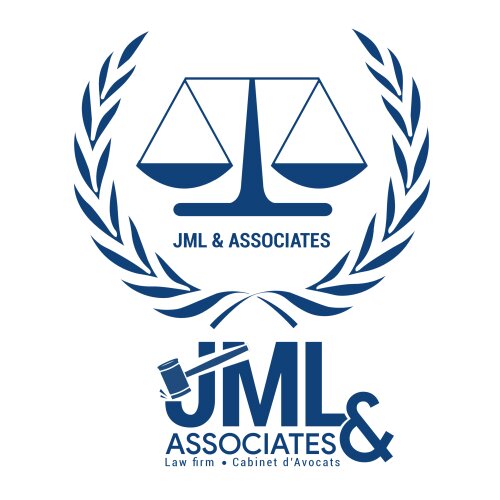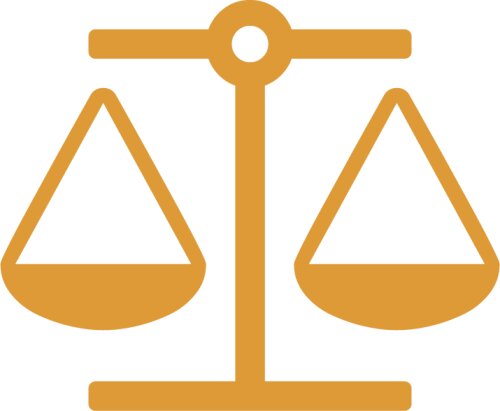Best Child Custody Lawyers in DR Congo
Share your needs with us, get contacted by law firms.
Free. Takes 2 min.
Free Guide to Hiring a Family Lawyer
Or refine your search by selecting a city:
List of the best lawyers in DR Congo
About Child Custody Law in DR Congo
Child custody law in the Democratic Republic of Congo (DR Congo) is oriented towards the protection and welfare of the child. The legal framework is influenced by both customary law and statutory law, with the best interest of the child being paramount in custody decisions. The family code stipulates that custody may be awarded to either parent, with considerations given to the environment, stability, and overall welfare of the child. In cases where both parents are deemed unfit, custody can be granted to a close relative or a legally appointed guardian.
Why You May Need a Lawyer
Navigating child custody disputes can be complex and emotionally challenging. Common situations where legal assistance may be required include:
- Disagreements between parents regarding custody arrangements.
- Concerns about the child's safety or welfare when with the other parent.
- Seeking modifications to existing custody arrangements.
- Cases involving domestic violence, neglect, or abuse.
- Challenges arising from parental relocation.
- Establishing custody rights for unmarried parents.
A lawyer can provide valuable advice, represent you in court, and help to negotiate agreements in the child's best interest.
Local Laws Overview
Key aspects of child custody laws in DR Congo include:
- The Family Code governs child custody matters, emphasizing the child’s best interests.
- Custody may be classified as either physical (where the child lives) or legal (decision-making rights over the child’s welfare).
- The courts have discretion to evaluate each parent’s ability to care for the child.
- Any custody arrangement can be revisited if there is a significant change in circumstances.
- Joint custody is encouraged, provided it serves the child’s best interests.
- Customary law may also influence custody decisions, particularly in rural areas.
- Third parties, such as close relatives, may be awarded custody if parents are deemed unfit or unavailable.
Frequently Asked Questions
1. What is the primary consideration in child custody cases?
The child’s best interest is the primary consideration in all custody cases.
2. Can grandparents apply for custody of a child?
Yes, if both parents are deemed unfit or unavailable, grandparents can apply for custody.
3. How can custody arrangements be modified?
Court approval is required to modify custody arrangements, which typically requires demonstrating a significant change in circumstances.
4. What is the role of custom in child custody cases?
In some cases, traditional customs can influence custody decisions, especially in rural areas where customary law is predominant.
5. Can unmarried fathers gain custody rights?
Unmarried fathers can gain custody rights, typically through legal proceedings to establish paternity and demonstrate their suitability as a parent.
6. Is joint custody an option in DR Congo?
Yes, joint custody is an option and is encouraged when it is in the best interest of the child.
7. How is child welfare assessed in custody cases?
The court will assess various factors including the home environment, child’s preferences (depending on age), and each parent’s ability to provide for the child, among others.
8. What happens if a custody order is violated?
Violating a custody order can lead to legal consequences, including court sanctions and changes to the custody arrangement.
9. Do I need to go to court to resolve custody disputes?
While court intervention can be helpful, many custody disputes can be resolved through mediation and negotiation with the help of a lawyer.
10. Can international custody laws impact cases in DR Congo?
International laws may come into play if a custody case involves parents or children from different countries, requiring coordination with foreign jurisdictions.
Additional Resources
For more information on child custody in DR Congo, consider reaching out to:
- The Ministry of Justice and Human Rights - for legal frameworks and updates.
- Non-Governmental Organizations (NGOs) focused on family welfare and child rights.
- Legal aid organizations that offer free or reduced-cost services.
- Professional child welfare advocates who can provide independent advice and support.
Next Steps
If you are seeking legal assistance in a child custody case, consider the following steps:
- Gather all relevant documentation, including previous custody arrangements, evidence of your parenting abilities, etc.
- Consult with a lawyer specializing in family law to discuss your case and explore your options.
- Consider alternative dispute resolution methods such as mediation to resolve matters amicably.
- If necessary, prepare to present your case in court, with a clear focus on the child’s best interests.
Lawzana helps you find the best lawyers and law firms in DR Congo through a curated and pre-screened list of qualified legal professionals. Our platform offers rankings and detailed profiles of attorneys and law firms, allowing you to compare based on practice areas, including Child Custody, experience, and client feedback.
Each profile includes a description of the firm's areas of practice, client reviews, team members and partners, year of establishment, spoken languages, office locations, contact information, social media presence, and any published articles or resources. Most firms on our platform speak English and are experienced in both local and international legal matters.
Get a quote from top-rated law firms in DR Congo — quickly, securely, and without unnecessary hassle.
Disclaimer:
The information provided on this page is for general informational purposes only and does not constitute legal advice. While we strive to ensure the accuracy and relevance of the content, legal information may change over time, and interpretations of the law can vary. You should always consult with a qualified legal professional for advice specific to your situation.
We disclaim all liability for actions taken or not taken based on the content of this page. If you believe any information is incorrect or outdated, please contact us, and we will review and update it where appropriate.
Browse child custody law firms by city in DR Congo
Refine your search by selecting a city.
















